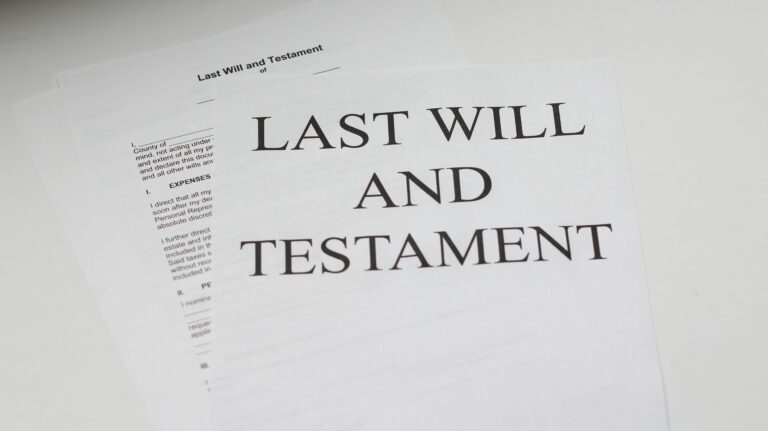
Can You Support a Child with Special Needs?
Families that include individuals with special needs require planning to secure their loved ones’ security in the future, both in legal and financial terms. There’s usually no expectation of the child becoming an independent adult, so careful planning is needed, as advised in the recent article “Financial Planning for Families with Disabilities” from Wealth Management.
Many families neglect planning for their retirement, focusing all their resources on developing a plan for their disabled child. However, retirement and their child’s future need to be secured, which is where an estate planning attorney can help.
In 2014, Congress created The Achieving a Better Life Experience (ABLE) accounts to allow disabled individuals to own accounts with up to $100,000 without the assets being counted against their eligibility for Supplemental Security Income. A parent may make annual contributions, and costs not covered by government benefits can be paid using this account.
A Pooled Special Needs Trust is a group of several Special Needs Trusts managed by a nonprofit, which, as its name implies, pools the assets of many Special Needs individuals together. Each account remains separate, and the trust provides management and investment services.
Unlike a typical SNT, people over 65 may participate in a pooled SNT. Medicaid and SSI beneficiaries wishing to spend down their assets to become eligible can transfer assets directly into a pooled trust account. Consult with an estate planning attorney to ensure that this occurs correctly.
The most significant responsibility for parents planning for their disabled child is to ensure that no one mistakenly puts their child’s eligibility at risk for Medicaid and SSI. A well-meaning family member leaving assets to the child could undo plans, so they must be informed of the necessary restrictions.
Medicaid does far more than provide health care benefits. It funds social and occupational programming, residences for group living and many other benefits of great value to the disabled individual. The eligibility rules are complex and require the help of a skilled estate planning attorney to navigate successfully.
Reference: Wealth Management (March 1, 2024) “Financial Planning for Families with Disabilities”








